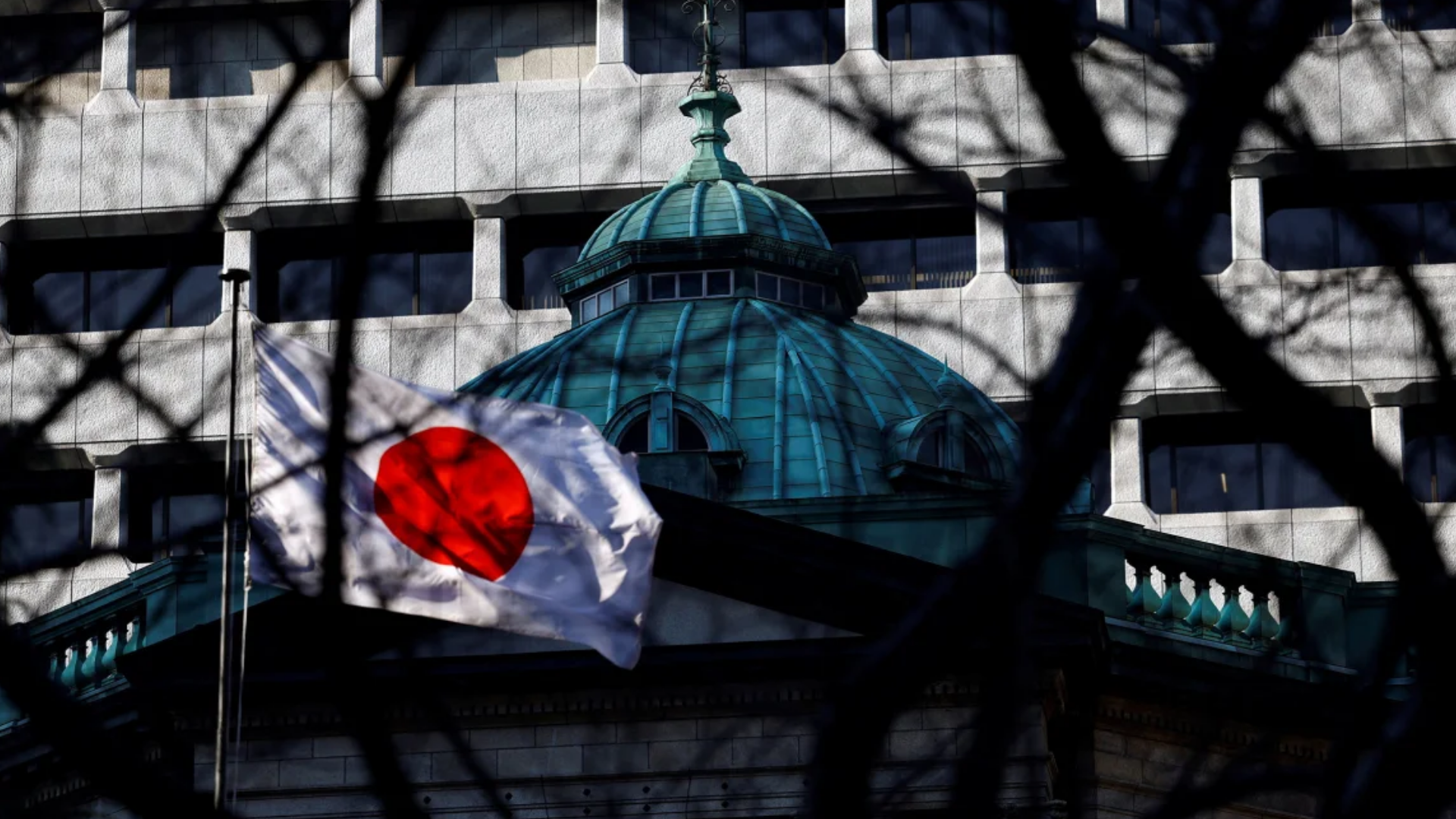Japan Central Bank Increases Rates to Combat Inflation

Japan's central bank, the Bank of Japan (BOJ), has taken a significant step, raising its key interest rate to its highest level in 17 years. This bold move comes hot on the heels of soaring inflation, with consumer prices accelerating at the fastest pace in 16 months. The decision to raise the short-term policy rate to "around 0.5 per cent" marks a decisive shift in the BOJ's monetary policy.

Core consumer prices in Japan rose 3% in December compared to the same month last year, according to official data released on Friday.
Only a few days after Donald Trump's return to the White House, the BOJ announced its first rate hike since July.
Trump vowed to slap tariffs on all imports entering the US during the election campaign, which may affect exporting nations like Japan.
The bank will have greater flexibility to lower rates in the future if it wants to stimulate the economy by raising rates today.
The action demonstrates the central bank's intentions to gradually raise interest rates to about 1%, which is thought to neither accelerate nor decelerate the economy.
Interest rates would continue to rise from their ultra-low levels, the BOJ indicated.
According to Astris Advisory Japan's head of strategy, Neil Newman, "rates will continue to rise as wages increase, inflation remains above 2%, and there is some growth in the economy."
Moody's Analytics Japan analyst Stefan Angrick stated, "We look for another 25-basis point hike in six months."
After maintaining low interest rates for years as the nation grappled with slow price rise, the BOJ increased borrowing costs last year for the first time since 2007.
As a result of such increase, no nations had negative interest rates left. People must pay to deposit money at a bank when negative rates are in effect. Several nations have employed them to encourage citizens to spend their money instead of depositing it in a bank.
